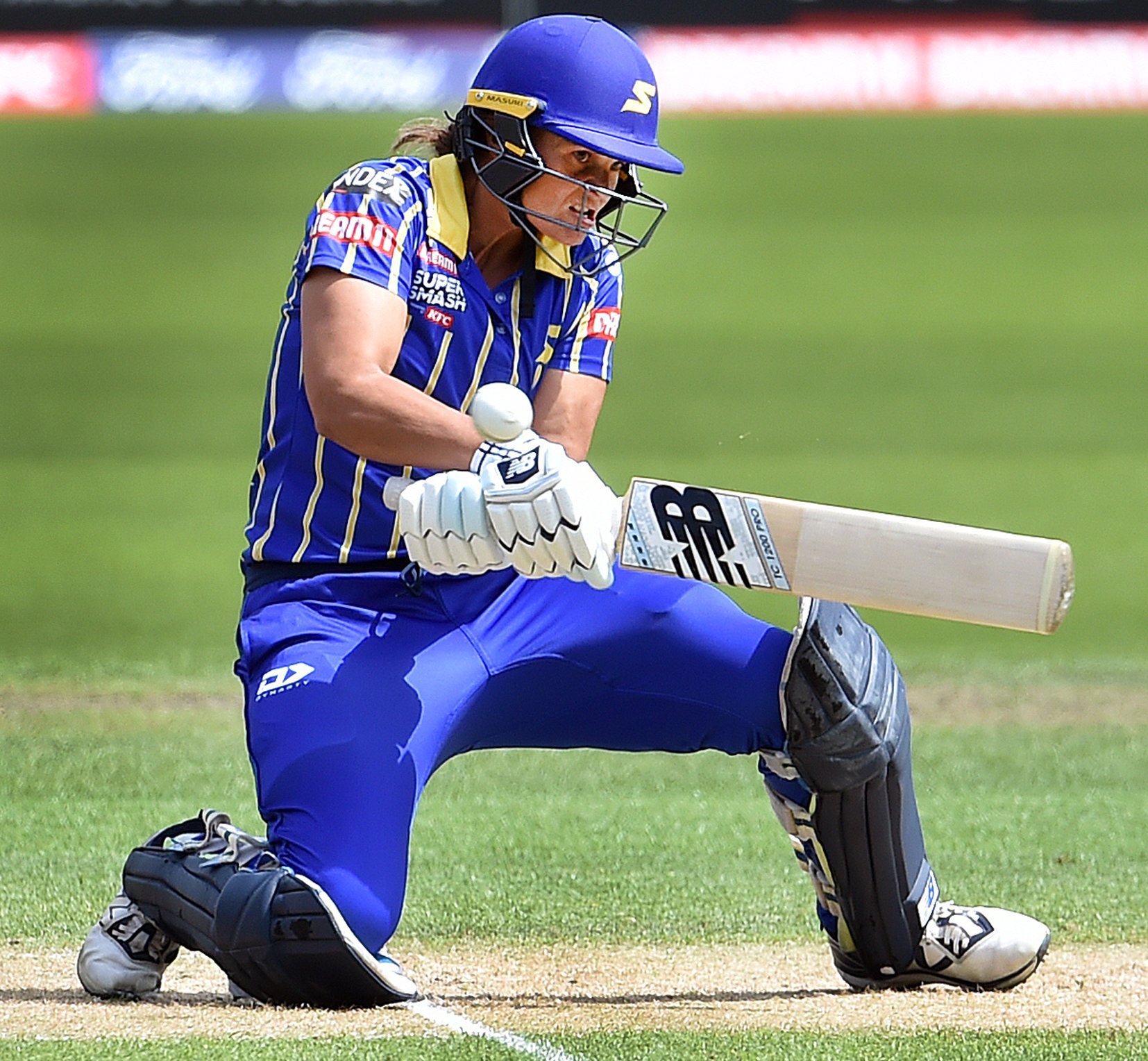
Otago Cricket Association chief executive Mike Coggan believes the current model is unsustainable.
His comments come in the wake of New Zealand Cricket chief executive Scott Weenink telling Stuff earlier this month that NZC was conducting a strategic review of the Super Smash.
"To date, it’s been incredibly successful and fulfilled exactly its role," Weenink said.
"But there are challenges for all cricketing boards down the track around ICC [revenue distribution].
"And therefore we need to be looking at all parts of our business, including all parts of our game, to see how we could potentially monetise them better.
"So we’ve been looking seriously what we do with the Super Smash over the last six months or so."
Reading between the carefully constructed lines of those quotes, you are left with the impression the competition is not making any money.
Its free-to-air deal with TVNZ finishes at the end of the next season.
"They’ll need to be looking at how they generate optimal revenue to make sure the game’s in a really good place in New Zealand," Coggan said.
"And that will include what its T20 structure looks like.
"I would hope there’ll always be T20 cricket played across New Zealand. But I think the reality of the changing nature of world cricket is that our better cricketers, hopefully playing for New Zealand franchises, may well be playing in different parts of the world.
"They may be doing that within the Big Bash or the Women’s Big Bash in the future. I don’t know.
"But it can’t stay like it is because it’s not sustainable to keep operating the three formats, including T20 cricket, in the current guise."
The OCA has forecast a $100,000 loss in this financial period, which Coggan said was a challenge.
"We’re comfortable with that as long as most of it is absorbed into depreciation, which doesn’t cost us cash out of the balance sheet.
"At the moment we’re still tracking to do that but it’s like we all know, including New Zealand Cricket, it’s not sustainable to keep operating like this.
"So there’s a big shared review across the country that’s actually looking at, how do we best look at every aspect of our game with a view to making sure that our entire network is sustainable for the next, you know, long period of time."
Weenink indicated he was pleased with the quality of cricket on display, even with a host of stars missing from the men’s competition.
Marquee players including Finn Allen, Devon Conway, Kane Williamson, Jimmy Neesham, Trent Boult and Lockie Ferguson are plying their trade elsewhere.
Attracting players of their calibre back will be a challenge given they can earn more playing in the various T20 tournaments which have popped up around the globe and which compete with the Super Smash for playing talent.
Weenink suggested it would take "huge sums" to attract the top-tier talent and the market here is small which means the opportunities to increase revenue and grow the game are limited.
New Zealand’s time zone, relative to some of its competitors, is another hurdle.
A couple of potential solutions to help boost the Super Smash include shifting the competition window to November-December and even hosting some games offshore.
"If we were in a more broadcast-friendly time zone, and/or had bigger markets, such as in Europe or the Middle East, it would be a very, very lucrative league," Weenink told Stuff.
"And we would be able to attract, potentially, external investment to then potentially try and grow the league and pay for more overseas players."
Linking up with the Big Bash remains aspirational.
"We’re not in any formal discussions with Cricket Australia, but certainly we’ve had discussions with them around what that might look like," Weenink told Stuff.
"So if they were to expand, I’m sure we’d probably be part of those conversations."
Weenink said the national body would continue to stage a domestic T20 tournament even if it was able to get a team or two into the Big Bash.
He also said Major League Cricket in the United States was another potential partner for New Zealand Cricket.











